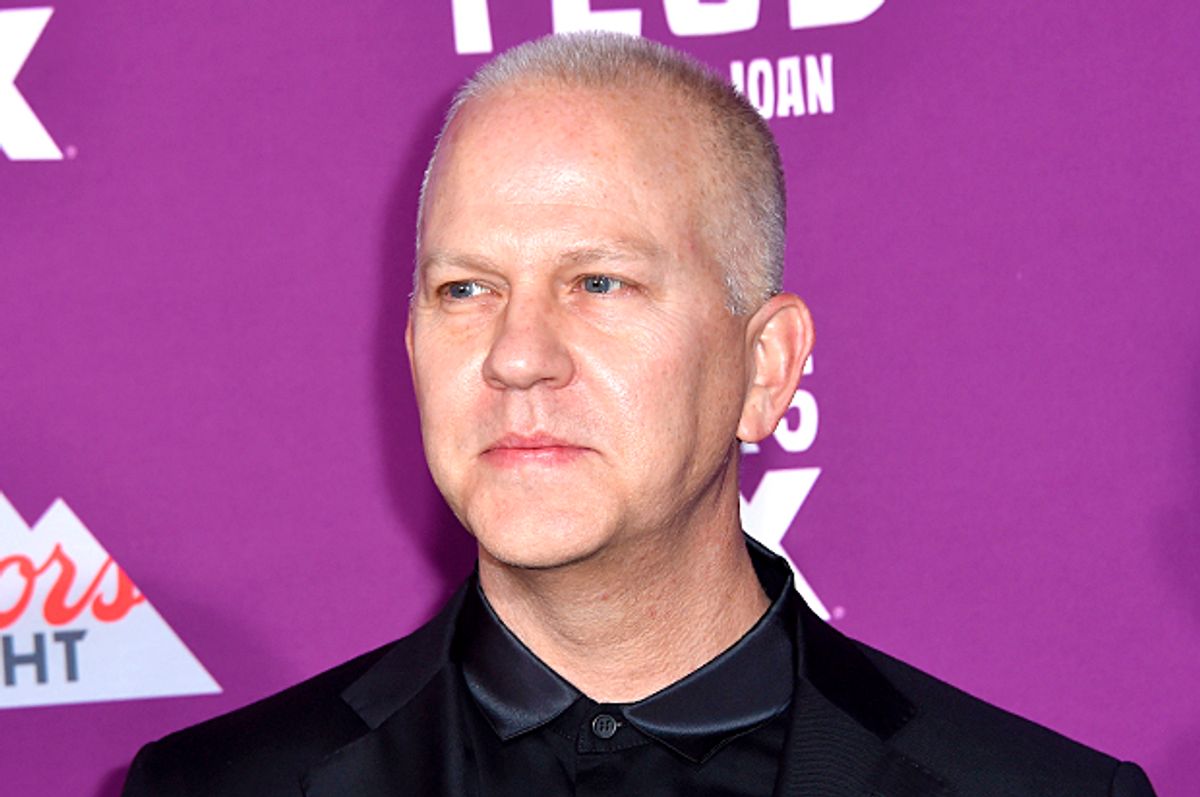When Ryan Murphy announced he was adapting the Broadway hit “The Boys in the Band” into a movie for Netflix, it raised a few well-coiffed eyebrows. While Mart Crowley’s seminal 1968 play received a successful Broadway revival last year, cast entirely with out gay actors to boot, material that was once groundbreaking is now considered dated by some. The characters in “Boys” are mostly self-loathing and angry, perhaps not the most relevant story to tell today.
Still, many celebrate it as a pioneering work in the LGBTQ canon, worthy of honoring with a revisit. Murphy, the powerhouse television one-man-brand with a giant overall deal at Netflix, understands the criticisms lobbed at the play — but stands firmly in the latter camp.
“I feel like the world needs more LGBTQ history. It just does,” Murphy told IndieWire during an in-person interview in May. “[‘The Boys in the Band’] is a play that many people have looked on as problematic, when it’s seen through the current prism of, I guess — gay politics. But I was always interested in that. I thought that was a great jumping off point.”
Read more IndieWire: 'Pose' First Trailer: Billy Porter Is the Belle of Ryan Murphy's Ball
The film will be directed by Broadway’s Joe Mantello, who shepherded the revival, and previously worked with Murphy on HBO’s 2014 adaptation of Larry Kramer’s “The Normal Heart.” The film will feature the entire Broadway cast: Matt Bomer, Andrew Rannells, Zachary Quinto, Jim Parsons, Charlie Carver, Robin de Jesus, Tuc Watkins, Michael Benjamin Washington, and Brian Hutchison. The film is set to arrive on Netflix sometime in 2020.
From the comfortable perch he has earned over more than a decade of hits (“Glee,” “The People vs. O.J. Simpson,” and “American Horror Story”, among others), Murphy is using his newfound freedom to excavate landmark moments in queer history. The second season of the Emmy-nominated FX series “Pose” jumps ahead in time to the early 1990s, right in the middle of the AIDS epidemic; “The Boys in the Band” was written in 1968, just one year before the Stonewall riots. (This year’s LGBTQ Pride marks the fiftieth anniversary of the uprising.)
Read more IndieWire: Ryan Murphy to Bring Controversial Gay Play 'The Boys in the Band' to Netflix
“When they made the original movie of ‘The Boys in the Band,’ they had to stop filming at one point because there was so much noise in the neighborhood, and it was the [Stonewall] riots fifty years ago. So I thought, ‘well, that’s interesting,’” said Murphy. “Also, a lot of things that I think would have been talked about and explored earlier have not been, because the AIDS crisis was such a calamity, and there was so much force that had to go into that, that there wasn’t a lot of time or energy to discuss or maybe explore things now that you can.”
In other words, there aren’t that many gay plays to excavate, so why not cherish what we have? “The Boys in the Band” may have its flaws, but it was a widely successful play and film entirely about a group of gay men — the first of its kind. It captures the experience of a certain set of gay men at that time, the specter of AIDS not yet looming, but replete with its own set of challenges. Were it not for the epidemic wiping out a whole generation of artists, we would have a deep well of queer stories to reboot. As Murphy notes, that loss not only affected queer art of the past, but the queer stories of today as well.
Read more IndieWire: The Korean Film Archive Is Now Streaming Over 200 Movies for Free on YouTube
“The tragedy for me is, all of the people, when I became successful, who would have probably been my mentors, are dead,” he said. “I look at people who I really would’ve loved to have talked to, like Michael Bennet who created ‘A Chorus Line,’ or Robert Mapplethorpe, or on and on and on, we lost so many people. The loss of talent… there’s nothing sadder than the loss of possibility.”

Shares